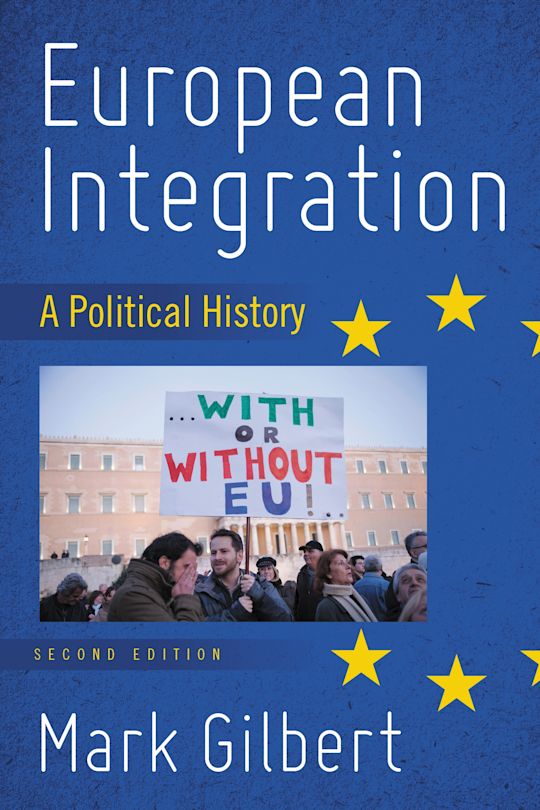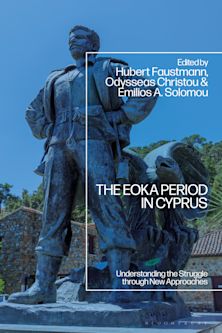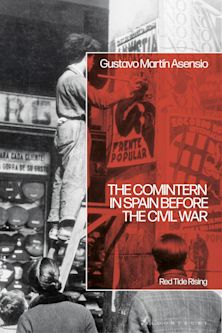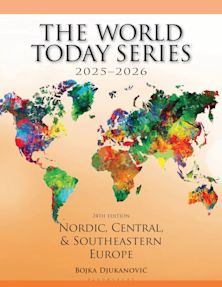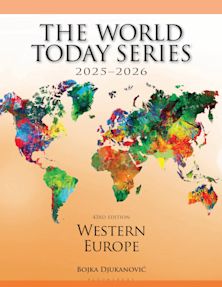This product is usually dispatched within 2-4 weeks
- Delivery and returns info
-
Flat rate of $10.00 for shipping anywhere in Australia
Description
Now in a fully revised and updated edition, this book remains the standard for concise histories of the European Union. Mark Gilbert offers a clear and balanced narrative of European integration since its inception to the present, set in the wider history of the post-war period. Gilbert concludes by considering the Union’s future in light of the mood of crisis that has taken hold in the EU in the aftermath of the global recession, the refugee crisis, and Brexit.
Listen to a New Books Network interview with the author at https://newbooksnetwork.com/hosts/profile/4c7e90cb-b33e-4121-99fb-9813f2889437.
Table of Contents
Ch. 2: The Ideal of European Unity
Ch. 3: The Europe of Six
Ch. 4: From Messina to Rome
Ch. 5: In the Shadow of the General
Ch. 6: Weathering Storms
Ch. 7: Consolidation and Innovation
Ch.8: Widening and Deepening
Ch.9: The Maastricht Compromise
Ch. 10: EUphoria
Ch. 11: The Challenge of the Political
Ch. 12: Brexit
Product details
| Published | 19 Aug 2020 |
|---|---|
| Format | Hardback |
| Edition | 2nd |
| Extent | 358 |
| ISBN | 9781538106808 |
| Imprint | Rowman & Littlefield |
| Illustrations | 1 map |
| Dimensions | 241 x 161 mm |
| Publisher | Bloomsbury Publishing |
Reviews

ONLINE RESOURCES
Bloomsbury Collections
This book is available on Bloomsbury Collections where your library has access.









